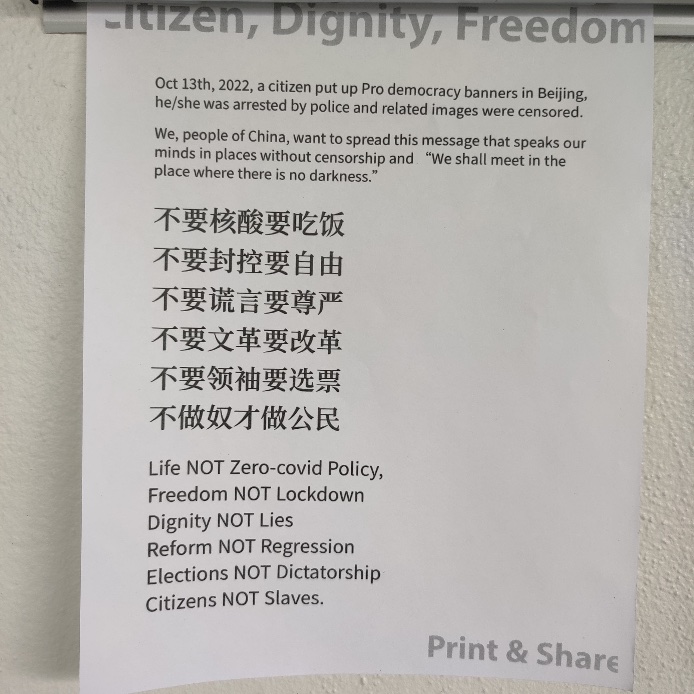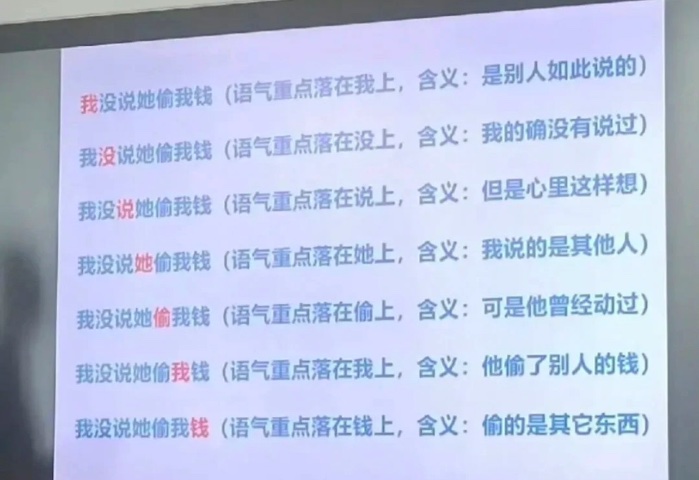"The psychology of thinking discretely"
Andrew Gelman, "The psychology of thinking discretely", 10/20/2022:
Sander Greenland calls it “dichotomania,” I call it discrete thinking, and linguist Mark Liberman calls it “grouping-think” (link from Olaf Zimmermann).
All joking aside, this seems like an interesting question in cognitive psychology: Why do people slip so easily into binary thinking, even when summarizing data that don’t show any clustering at all:

It’s a puzzle. I mean, sure, we can come up with explanations such as the idea that continuous thinking requires a greater cognitive load, but it’s not just that, right? Even when people have all the time in the world, they’ll often inappropriately dichotomize. I guess it’s related to essentialism (what isn’t, right?), but that just pushes the question one step backward.
As Liberman puts it, the key fallacies are:
1. Thinking of distributions as points;
2. Inventing convenient but unreal taxonomic categories;
3. Forming stereotypes, especially via confirmation bias.
Read the rest of this entry »




